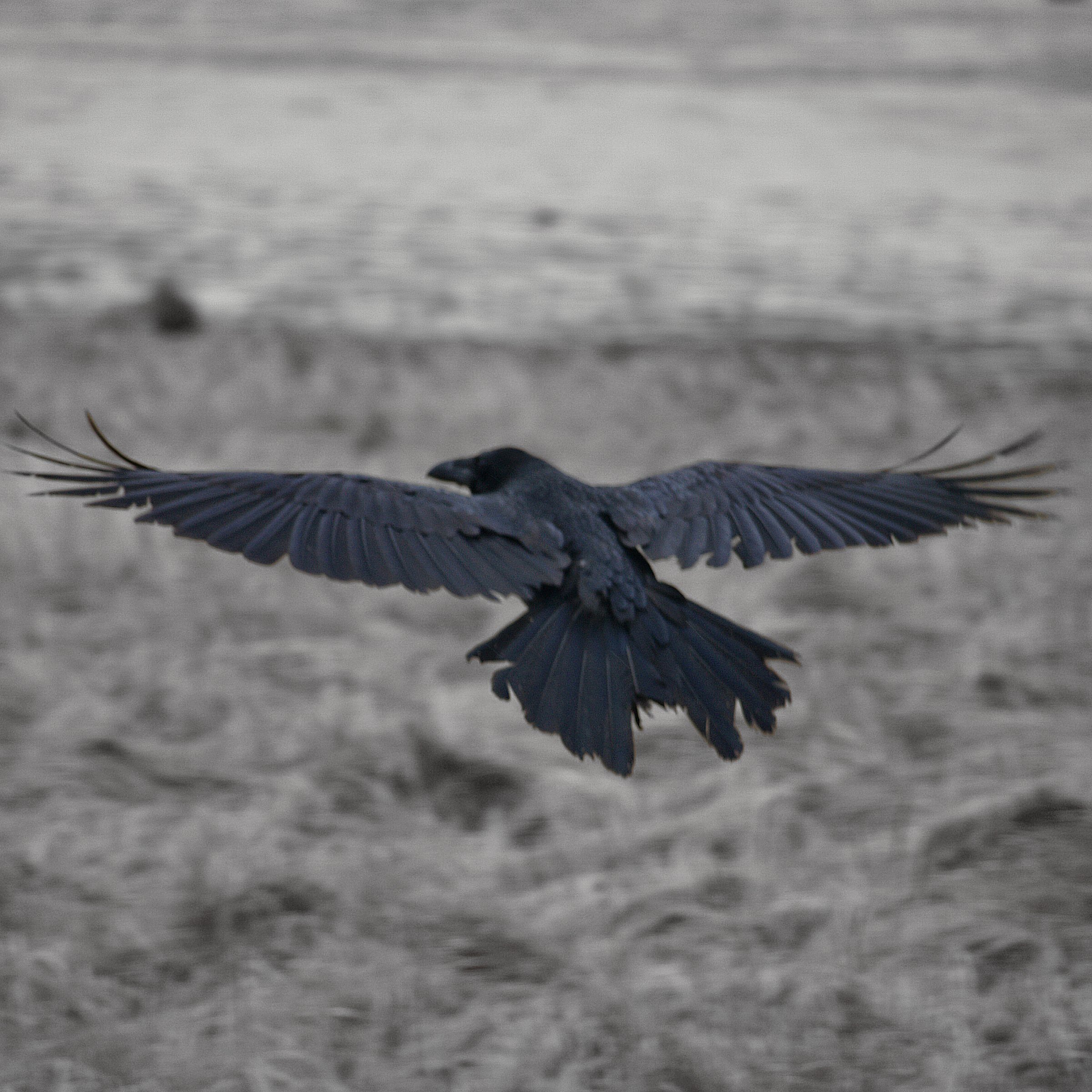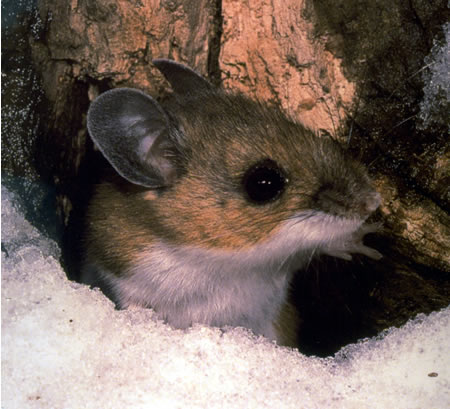This recipe is very old and has been passed down through generations. It keeps getting lost, however, so keep it in a safe place where you can always find it:
1 portion Gratitude.
2 or more others, friends or relatives.
(Optional, but add more flavor.)
4 cups finely-tuned - open, not hardened, heart
(Works best with warm wisdom of very large one)
2 1/2 cups unbiased compassion
2 large, listening (No substitutions!) ears
(Small ones OK, as long as they work)
1 small voice, tuned to communicate
(Large, loud ones work too, if not monopolistic)
1 warm, dry shelter- can be eliminated, if not possible to obtain
• Take Gratitude in hand, squeeze out the last drop, then add a bit more.
• Mix in others, the more the merrier.
Include some smaller varieties for more spice.
• Stir in the heart and compassion until well-mixed.
• Add the ears, so that listening can begin first.
Then add the voice, gradually, and blend well.
• Gather all together in warm, dry shelter.
If none is available, stand close & warm each other.
Season to taste with conversation, laughter, song, games, and whatever else is desired.
• Add some prayer, if you are a believer.
If not, say thanks anyway.
• Turkey, stuffing, cranberries, sweet potatoes, mashed potatoes, gravy, & pumpkin pie may be added, as desired, but are not at all required for this recipe... Other cooks may differ on this.
• Wine, or other libation may be added.
Don't overdo - too much will spoil this recipe.
This is a "mobile recipe" - works well anywhere and can easily be transported to wherever needed.





























